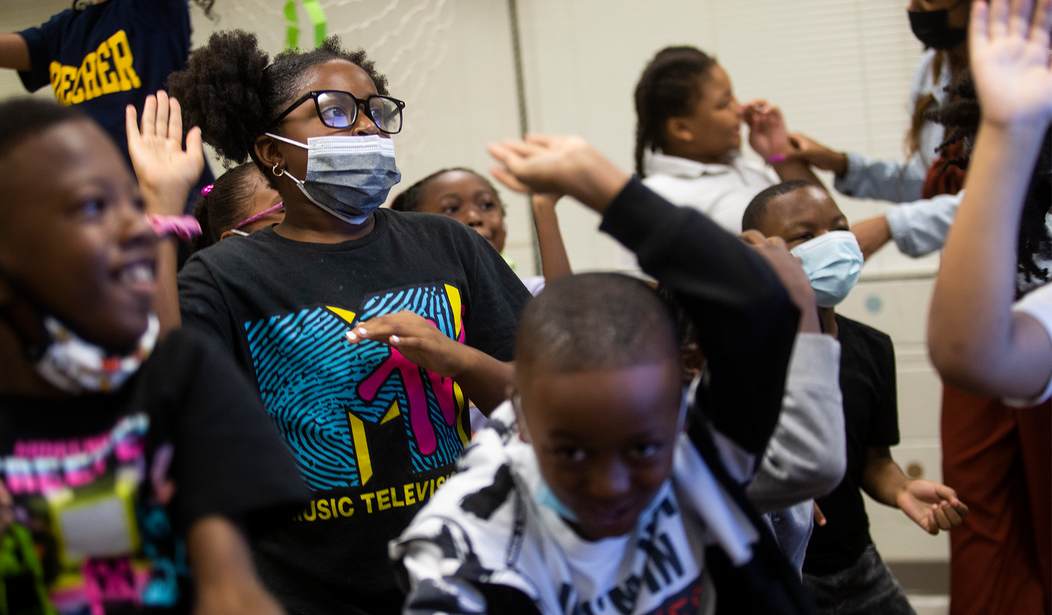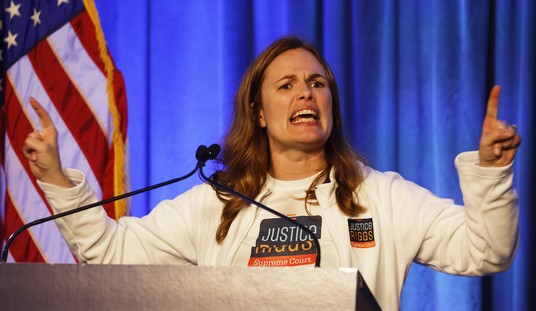There are a lot of hot-button issues on which Americans are divided today. Many debates have been playing out on the national stage as Team Red and Team Blue dig their lines deeper in the sand.
Education has been at the forefront of political discussions over the past three years. This is largely because this issue relates to several others, like race, gender identity, and sexuality.
With talk of national divorce still occupying a prominent role in the conversation, it seems as if education will play a significant role in the coming divisions. Red and blue states are taking decidedly different approaches to education and the other issues that come with it. California and Virginia are both instructive examples illustrating this paradigm.
The Virginia Department of Education (VDOE) introduced new “Model Policies on Ensuring Privacy, Dignity, and Respect” for transgender students in public schools, drawing controversy and criticism from families like Shannon McCay’s, who have transgender students. Under the new policies, the school must notify parents about indications that their children are exhibiting symptoms of gender dysphoria.
Even further, parents must inform schools in writing if they want their child referred to with different pronouns than their official records indicate, and the student’s gender will be based on their assigned birth gender unless officially changed with the state. In other states, districts can make these decisions for the children without their parent’s knowledge or consent.
Transgender students are allowed bathroom and locker room accommodations, but parents can “opt out” their child from sharing facilities with them. This policy shift reflects Governor Glenn Youngkin’s emphasis on parental rights and is likely to lead to further litigation and differing policies at the local school board level.
On the other hand, California’s government has created a “sanctuary” for minors to come and seek “gender-affirming care,” including puberty blockers and even surgical treatment without parental consent. Even further, Gov. Gavin Newsom is currently locked in a battle with various school districts, trying to force them to provide sexually inappropriate material to minors.
The Chino Valley school district in California adopted a new policy that mandates parental notification if a child expresses a gender identity different from their biological sex and if they wish to use facilities inconsistent with their birth gender. The policy passed with a 4-1 vote, sparking heated debates during the meeting.
School board president Sonja Shaw highlighted the importance of the policy, stating that parents felt shut down and unheard in previous discussions. The adoption of this policy comes amidst broader concerns about parental rights and controversies surrounding curricula, as seen in the case of Gov. Newsom fining a school district for rejecting a social studies book containing writings from gay activist Harvey Milk. The governor has indicated he will continue seeking ways to punish these districts.
The United States is currently witnessing a striking divergence in approaches to parental rights and education policies between the states of California and Virginia. These differing perspectives are now becoming significant factors contributing to the onset of what some observers are calling a potential “national divorce,” where individuals and families are relocating to states that better align with their political values. Education and parenting are deeply held concerns for Americans, and the varying stances taken by these states on parental involvement in schools and children’s development could be instrumental in shaping such migratory patterns.
While a national divorce might not involve a governmental policy, it seems it is happening naturally. Conservative parents living in places like California and New York might head to Florida or Texas so that they can have more control over what their children are learning in class.
The differing views on parental rights in education between California and Virginia have become a crucial focal point in the ongoing political and societal polarization in the United States. As states adopt distinct stances on education policies and parental involvement, individuals and families are increasingly considering relocation to states that better reflect their values. Education and parenting will continue to be vital issues that shape the nation’s social landscape, influencing not only the dynamics within individual states but also the broader fabric of American society.














